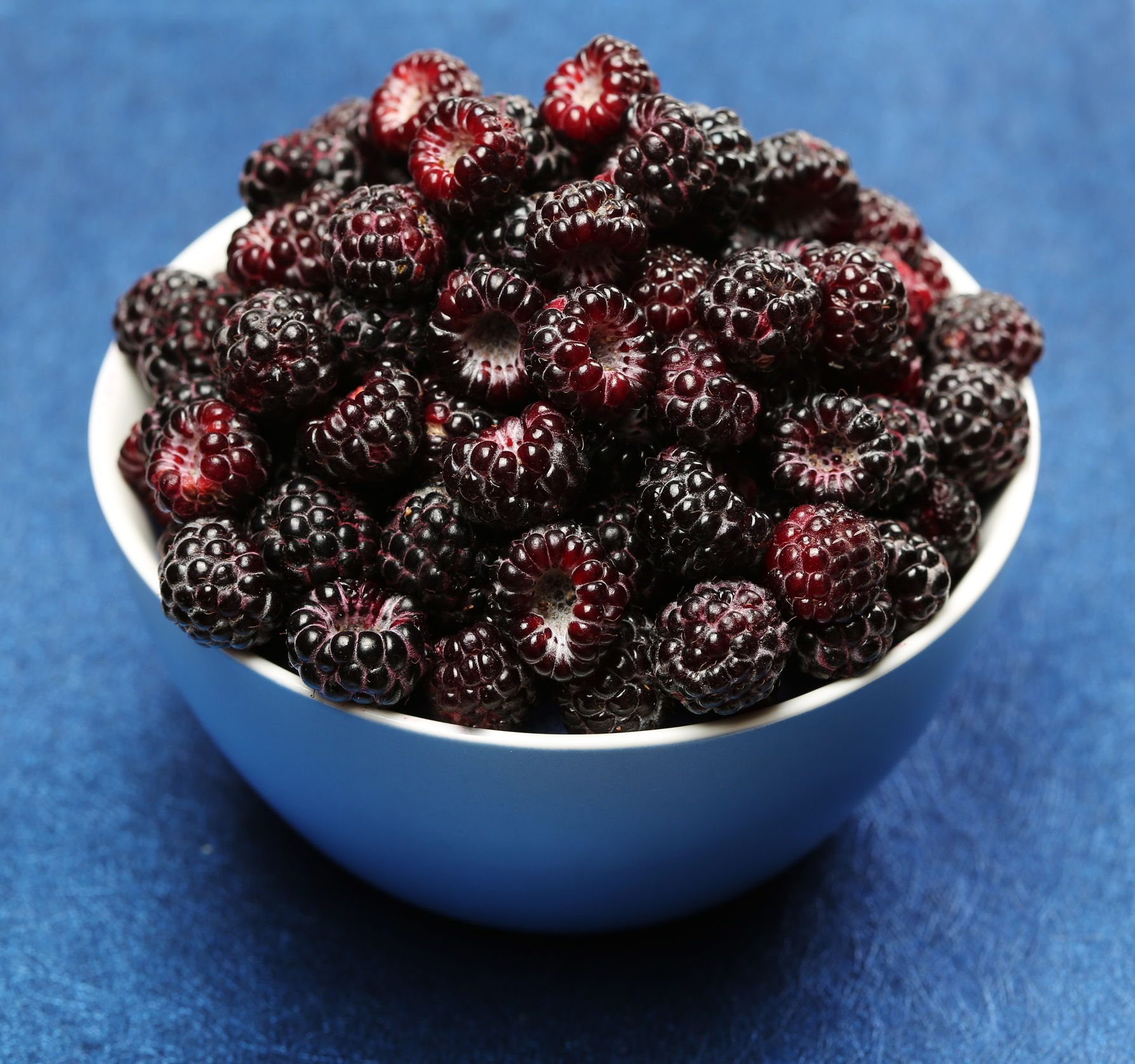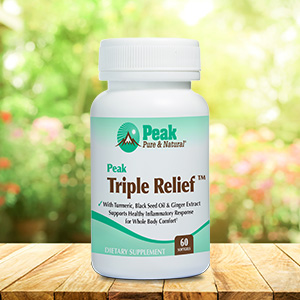Get Easy Health Digest™ in your inbox and don’t miss a thing when you subscribe today. Plus, get the free bonus report, Mother Nature’s Tips, Tricks and Remedies for Cholesterol, Blood Pressure & Blood Sugar as my way of saying welcome to the community!
Eat this summer berry to soothe skin rashes

We’ve all been there… you brush against a patch of poison ivy, test out a new skincare product or put on a new piece of cute (albeit cheap) costume jewelry and your skin erupts in itchy hives and blisters. This, my friend, is a phenomenon known as allergic contact dermatitis.
It can be caused by a variety of things. Poison ivy or poison oak, for example, cause allergic contact dermatitis in most people. But some people get it from fragrances and chemicals in skincare products, gold or nickel jewelry or exposure to latex.
When this annoying skin inflammation strikes, dermatologists will typically prescribe a topical steroid cream to get the inflammation under control. But a new study shows there may be a way to tackle this type of allergic skin inflammation that doesn’t require a prescription.
Eating black raspberries reduces skin inflammation
Researchers from Ohio State University found that eating black raspberries helped tame allergic skin inflammation in mice.
In the study, researchers fed one group of mice a diet that included black raspberries and another group of mice the same diet minus the black raspberries. After eating these diets for three weeks, researchers exposed the ears of the mice to irritants that caused contact dermatitis. Then they observed the skin swelling that appeared.
Researchers noticed that the mice eating black raspberries experienced skin swelling that resolved itself much quicker than the swelling experienced by mice who weren’t eating the berries. Why would berries make a difference in this allergic reaction?
Researchers think black raspberries help regulate dendritic cells. These cells send messages to the immune system that tell it whether to trigger an inflammatory response or not. In other words, the berries inhibited inflammation.

Peak Triple Relief™
Peak Triple Relief™ with vitamin D3 supports a healthy inflammatory response for natural, soothing relief from body aches and discomfort
This news could be a big deal for people prone to contact dermatitis since the usual treatment — topical steroids — can cause side effects like rosacea, skin thinning, stretch marks and a lowered ability to fight off infections if used too long.
“A lot of times, treatments are directly applied to the skin — things like steroids,” said Steve Oghumu, senior author on the paper and an assistant professor of pathology at The Ohio State University. “And it was interesting that the mere consumption of a fruit can achieve the same effects.”
How to get your hands on some black raspberries
It’ll be a while until we know whether black raspberries have the same impact on people with skin allergies as they do on mice. But it seems likely considering black raspberries contain powerful antioxidants called anthocyanins that give them major anti-inflammatory properties.
So, if you’re prone to skin irritations, you may want to add more black raspberries to your diet. In the study, researchers gave mice the equivalent of a single serving of raspberries per day for humans. That’s about one cup. There’s only one problem…
Black raspberries are harder to find than red raspberries. You typically only see them in stores for a few weeks in the middle of summer… so, head to the store ASAP to see if you can get your hands on some. If you live in the northeastern United States, you may also find wild black raspberries growing around you. They tend to grow in early to mid-summer near fields, pastures, forest clearings, thickets, paths, roadsides, streams, ponds and lakes. So, do your research by looking at a good plant identification guidebook or website and then see if you can find any.
If you want to reap the benefits of black raspberries beyond summer, you’ll have to turn to the frozen variety. But the good news is, there’s some evidence that frozen berries deliver more antioxidants than fresh ones. So, you’ll still get plenty of the inflammation-fighting power you need to protect your skin.
Sources:
- In mouse study, black raspberries show promise for reducing skin inflammation — MedicalXpress.
- Black Raspberries and Protocatechuic Acid Mitigate DNFB-Induced Contact Hypersensitivity by Down-Regulating Dendritic Cell Activation and Inhibiting Mediators of Effector Responses — Nutrients.
- What Is Contact Dermatitis? — Healthline.
- Red Raspberry vs. Black Raspberry: What’s the Difference? — Healthline.
- How to find blackberries, black raspberries and black dewberries — Farm and Dairy.
- How many cherries, strawberries, and raspberries are in a serving? — FruitsAndVeggies.org.
- Common Side Effects of Topical Steroid Use — Verywell Health.













